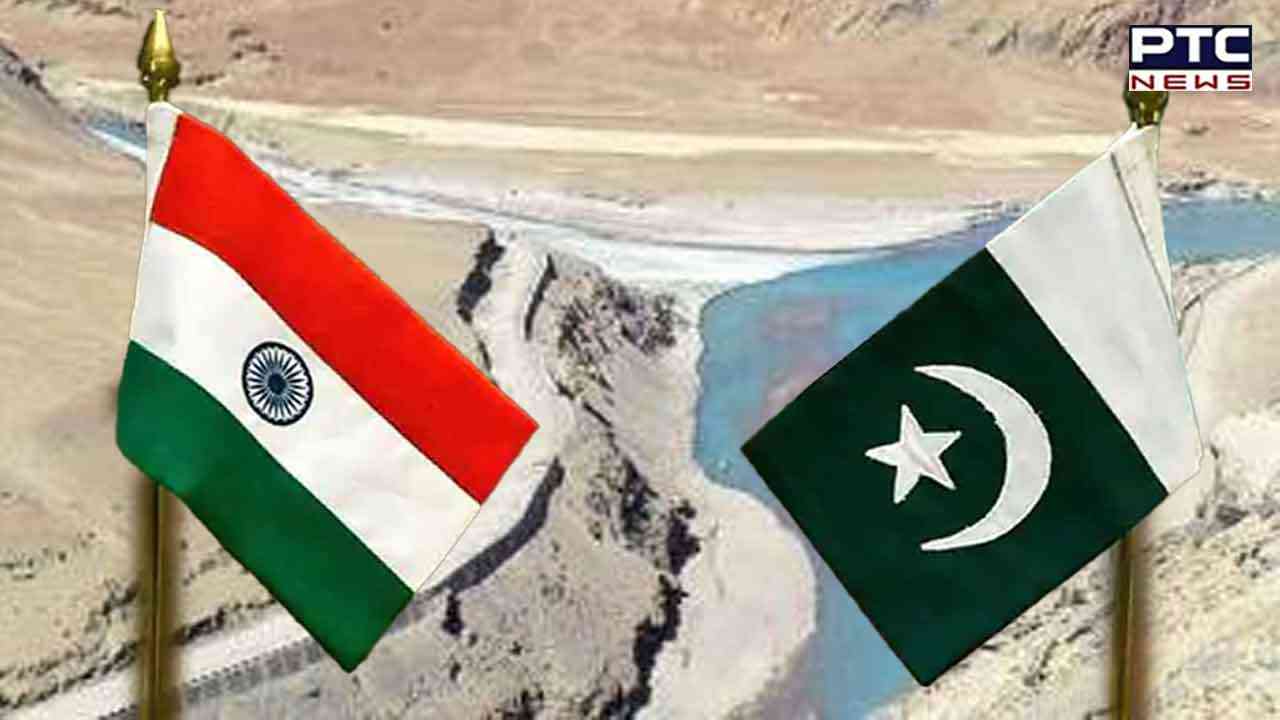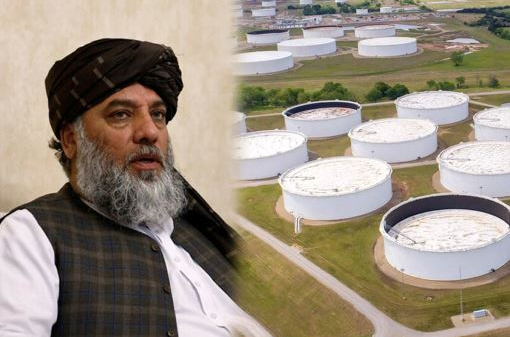Indus Water Treaty
Federal Law Minister Azam Nazeer Tarar has articulated that under the 1960 Indus Water Treaty, India possesses legal rights to the waters of the River Ravi, thus constraining Pakistan from contesting these rights at the International Court of Justice (ICJ) over what some term “water aggression.”
During a session of the National Assembly on Tuesday, where a Calling Attention Notice was raised to discuss India’s actions regarding the river, Minister Tarar explained, “The treaty clearly grants the right over River Ravi to India, preventing any interference from our side.” He further underscored that taking this matter to the ICJ against India is not an option under the terms of the treaty.
The Indus Water Treaty, a pivotal agreement inked between India and Pakistan, assigns the waters of the Ravi, Sutlej, and Beas rivers to India. This treaty has been a cornerstone in the management of water resources between the two nations.
The discussion in the assembly became more heated when PTI MNA Zartaj Gul, who initiated the notice, criticized the law minister for conceding India’s rights over River Ravi, labeling it a regrettable acceptance. In response, Minister Tarar emphasized that legal matters, particularly those concerning international treaties, should not be mired in political maneuvers.
Adding to his remarks, Tarar mentioned, “Although the treaty was established in 1960, India has shown interest in exiting. However, their attempts have been thwarted by the ICJ, which has restrained India from withdrawing.”
He highlighted that conflicts, including wars, have erupted between the two countries over water issues, pointing out that Pakistan had achieved a legal victory in the case of the Kishanganga Hydroelectric Project.
Furthermore, recent developments reported by The News International, which cited Indian sources, indicate that India has completed the Shahpur Kandi barrage. This structure, located on the border between Punjab and Jammu and Kashmir, has led to the cessation of the River Ravi’s flow into Pakistan.
The completion of this project means that the 1,150 cusecs of water previously allocated to Pakistan will now be used to irrigate over 32,000 hectares in the Kathua and Samba districts of the Indian Illegally Occupied Jammu and Kashmir (IIOJK) region.
The Shahpur Kandi barrage, pivotal for both irrigation and hydropower generation, has encountered various hurdles over the past three decades but is now close to completion. This project is set to significantly enhance agricultural productivity in the region, underscoring the ongoing strategic importance of water management in Indo-Pak relations.
I am a dynamic professional, specializing in Peace and Conflict Studies, Conflict Management and Resolution, and International Relations. My expertise is particularly focused on South Asian Conflicts and the intricacies of the Indian Ocean and Asia Pacific Politics. With my skills as a Content Writer, I serve as a bridge between academia and the public, translating complex global issues into accessible narratives. My passion for fostering understanding and cooperation on the national and international stage drives me to make meaningful contributions to peace and global discourse.










